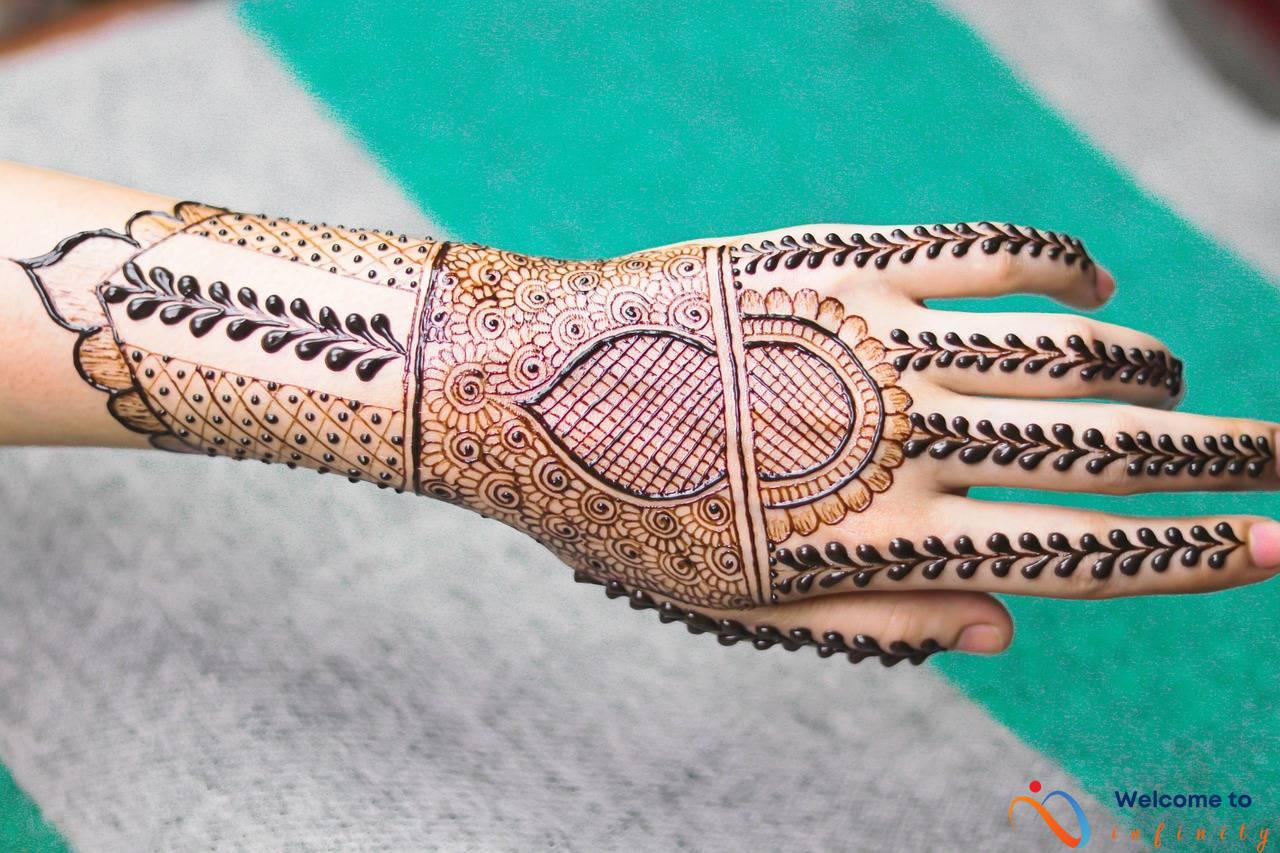When it comes to getting married, most couples only think about the wedding day and forget about the importance of sleep and mental health. Getting quality sleep is essential for brides and grooms before their big day. Lack of sleep can cause mood-swings and stress that may lead to meltdowns during wedding planning.
Planning a wedding requires attention to detail, which can be overwhelming and stressful. A lack of sleep due to excessive planning can negatively impact both physical and mental health. Sleep is essential for good health and wellbeing. During sleep, our body repairs and rejuvenates itself, helping us to wake up feeling refreshed and ready to face the day.
Studies have shown that sleep is essential for stress regulation and management. A well-rested body can better handle stress and anxiety, letting brides and grooms tackle their wedding planning with a clear mind and calm outlook. Good sleep helps to regulate mood, leading to better decision making, more creativity, and greater focus.
Getting enough quality sleep should be considered an integral part of a wedding health and wellness plan. To achieve good sleep, it is important to establish good sleep habits. Setting a consistent sleep schedule, avoiding caffeine before bed, and creating a calming sleep environment are all habits to promote sleep quality.
Overall, sleep is a crucial component of a couple's pre-wedding health and wellness plan. By prioritizing sleep, brides and grooms can reduce stress, increase focus, and better manage the challenges of wedding planning. Don't underestimate the power of a good night's sleep, it can make all the difference between a stressful and joyful wedding experience.
The effects of Sleep on Overall Health
Quality sleep is essential to maintain a healthy lifestyle. Sleep deprivation can have adverse effects on both physical and mental health. A good sleep cycle can lead to a healthy immune system function, improved mental health, and helps regulate hormones.
Studies have shown that a lack of sleep can increase the risk of developing chronic illnesses, such as obesity, heart diseases, and diabetes. Sufficient sleep is vital for maintaining a healthy weight as it regulates hormones that control appetite and metabolism.
Insufficient sleep can significantly impact our mental health. It can lead to anxiety, depression, and irritability. On the other hand, good quality sleep can improve cognitive function, making it easier to focus, learn, and retain information.
Additionally, sleep is essential for the body to repair and rejuvenate. Lack of quality sleep can affect the skin, leading to poor complexion, wrinkles, and dark circles under the eyes.
To maintain overall health, it is crucial to prioritize quality sleep. It is recommended to get at least 7-9 hours of sleep each night. incorporating a consistent sleep schedule, reducing caffeine intake before bed, and creating a comfortable sleep environment are some tips to develop good sleep habits.
In conclusion, quality sleep is crucial for overall health and well-being. It affects various aspects of physical and mental health, and it should be prioritized in a wedding health and wellness plan to reduce stress and improve decision-making during wedding planning.
The Link Between Sleep and Stress Management
Planning a wedding can be a stressful experience for brides and grooms. However, getting quality sleep can help regulate mood and reduce stress levels. When we sleep, our bodies produce cortisol, a hormone that helps us deal with stress. Lack of sleep can cause cortisol levels to drop, leading to increased stress and anxiety levels. Sufficient sleep helps regulate cortisol levels, thus helping to reduce stress.
When we are well-rested, we are better equipped to handle the challenges that come with wedding planning. We are more focused, creative, and able to make better decisions. Quality sleep also helps improve memory and cognitive function, making it easier to remember details and manage multiple tasks simultaneously.
One way to improve sleep quality is to maintain a consistent sleep schedule. Going to bed and waking up at the same time every day can help regulate our body's internal clock, leading to better sleep. Additionally, creating a relaxing sleep environment can help promote restful sleep. This includes a comfortable mattress and pillows, a cool and dark room, and limiting screen time before bedtime.
In conclusion, getting enough quality sleep is crucial for managing stress levels when planning a wedding. By regulating mood and improving cognitive function, quality sleep helps us cope with the demands of wedding planning and makes it easier to make decisions and stay organized amidst the chaos. By prioritizing sleep, brides and grooms can ensure they are in their best physical and mental state for the big day.
How Sleep can Impact Your Wedding Planning
When it comes to wedding planning, a lack of sleep can lead to stress and poor decision making. Getting enough quality sleep is crucial for brides and grooms before their big day since it improves focus and energy levels.
With a clear mind, it becomes easier to manage wedding plans, make better decisions, and reduce planning stress. Adequate sleep also plays a key role in regulating mood, reducing anxiety, and promoting relaxation.
To improve the quality of sleep, it's essential to establish a regular sleep schedule and create a calming sleep environment. Avoiding technology and caffeine before bedtime, practicing relaxation techniques such as meditation, and investing in a comfortable mattress and pillows can also help promote better sleep.
By prioritizing sleep, brides and grooms can enhance their overall health, increase their productivity, and reduce stress levels, leading to a successful wedding planning experience. So make sure you get enough quality sleep before your big day to look and feel your best.
The Role of Sleep in Clear Thinking and Decision-Making
Getting quality sleep is essential before wedding planning, as studies have shown lack of sleep can lead to poor cognitive function. Sufficient sleep plays a vital role in improving decision making, problem solving, and creativity, which are essential during wedding planning.
When we get sleep, our brain processes and consolidates information from the previous day, making it easier to retain and retrieve it faster. This helps couples to understand and analyze different options available to them and make better decisions.
Poor cognitive function caused by lack of sleep can lead to confusion, forgetfulness and inability to organize. This can result in poor decision making, which can ultimately affect the success of the wedding planning.
Therefore, getting enough quality sleep is essential for clear thinking, decision making and problem solving. By developing good sleep habits such as setting a consistent sleep schedule, avoiding caffeine before bed, and creating a calm sleep environment, couples will be able to improve the quality of their sleep, focus and energy levels, which are all important for wedding planning success.
The Relationship Between Sleep and Skin Health
Sleep is not only crucial for overall health but also for skin health. Lack of sleep can cause skin damage, accelerated aging, and a dull complexion. On the other hand, quality sleep can improve skin health, making it look radiant and youthful.
When we sleep, our skin cells regenerate and repair themselves. During deep sleep, the body releases growth hormones that stimulate collagen production, which is essential for maintaining skin elasticity and reducing fine lines. Additionally, sleep helps to balance cortisol levels, a hormone that causes inflammation in the body, including the skin. Reduced cortisol levels lead to reduced inflammation, which, in turn, reduces skin redness and puffiness.
Getting sufficient sleep also improves blood flow to the skin, providing it with essential nutrients and oxygen. Blood flow and oxygen are vital for healthy skin because they help the skin to look plump and youthful. When you don't sleep enough, your skin can become dull, dry, and flaky. Moreover, sleep deprivation can lead to the breakdown of collagen and elastin, causing sagging skin and dark circles under the eyes.
Therefore, when preparing for your big day, it's essential to include quality sleep as part of your wedding health and wellness plan. Not only will it help you to feel refreshed and energized, but it will also aid in achieving your dream wedding look, with healthy, glowing skin. So, make sure you get plenty of rest, create a sleep-friendly environment, and develop healthy sleep habits to maintain healthy skin.
How to Develop Good Sleep Habits
The wedding planning process can be overwhelming, and it's important to prioritize getting good quality sleep as part of a wedding health and wellness plan. Here are some tips on how to develop good sleep habits:
- Set a consistent sleep schedule: Try to go to bed and wake up at the same time every day, even on weekends.
- Avoid caffeine before bed: Caffeine is a stimulant that can keep you awake, so try to avoid drinking coffee, tea, or energy drinks before bedtime.
- Create a calming sleep environment: Keep your bedroom cool, quiet, and dark to promote relaxation and deep sleep. Try using blackout curtains and earplugs if necessary.
It's important to establish good sleep habits well before your big day, so that you can feel refreshed and energized. By following these tips and getting sufficient quality sleep, you'll be better equipped to handle the stresses of wedding planning and be at your best on your special day.
Conclusion
After reading this article, it's clear that getting enough quality sleep is crucial for brides and grooms before their big day. It's one of the most important steps for ensuring a successful and stress-free wedding day. Incorporating sleep as a key component in a wedding health and wellness plan can have numerous benefits.
Not only does it improve overall health and regulate hormones, but it also helps with stress management. Sufficient sleep reduces mood-swings, anxiety, and stress levels, making it easier for brides and grooms to manage wedding plans. It enhances focus and energy levels during planning and helps to make better decisions.
In addition to its mental and emotional benefits, sleep plays a vital role in skin health. It helps to prevent premature aging, repair damaged skin cells, and boost collagen production.
To develop good sleep habits in preparation for your wedding, setting a consistent sleep schedule and creating a calming sleep environment is key. Avoiding caffeine before bed will also help contribute to a better night's sleep.
In summary, getting sufficient, quality sleep is essential for a bride and groom's overall health and wellbeing, and should be a key component of their wedding health and wellness plan. It benefits their stress levels, focus, decision-making skills, and even their skin. Take care of yourselves, and prioritize sleep!












